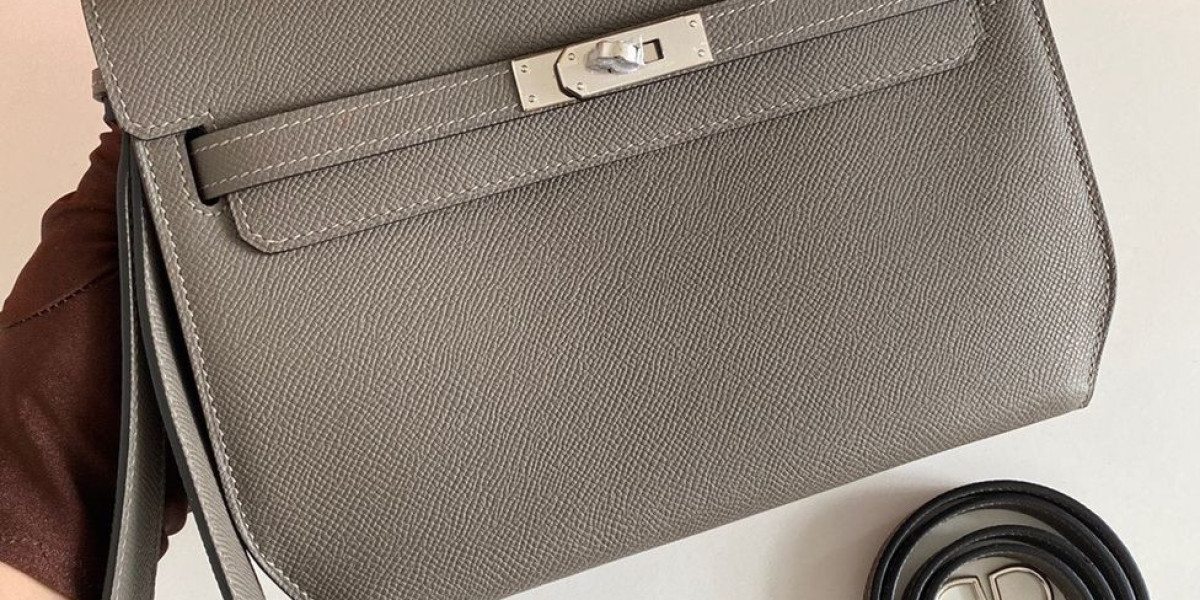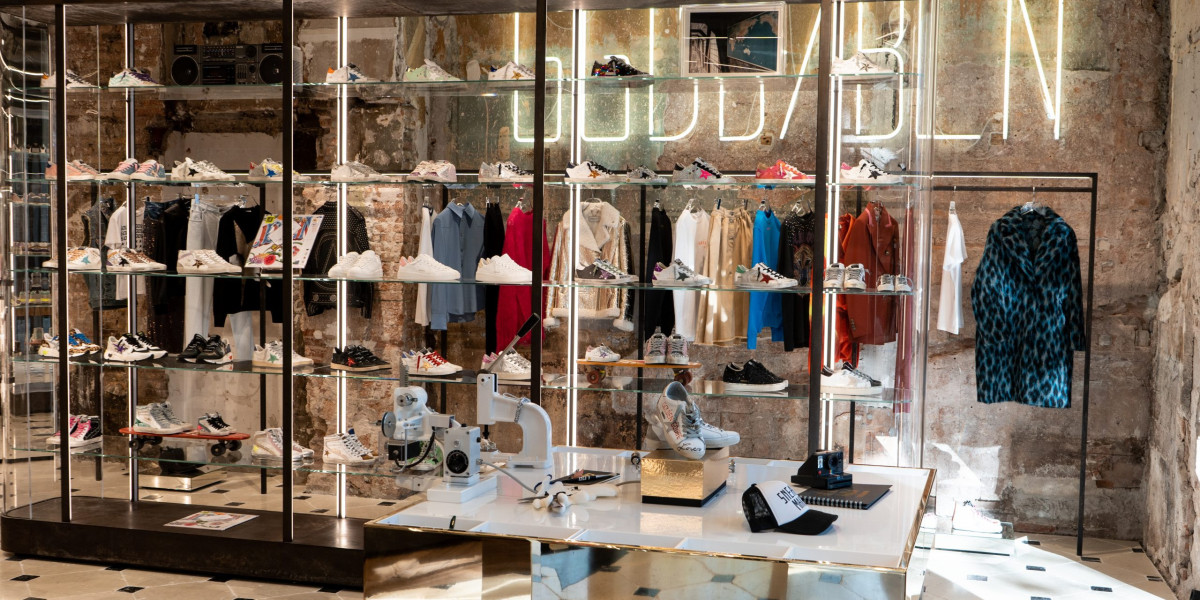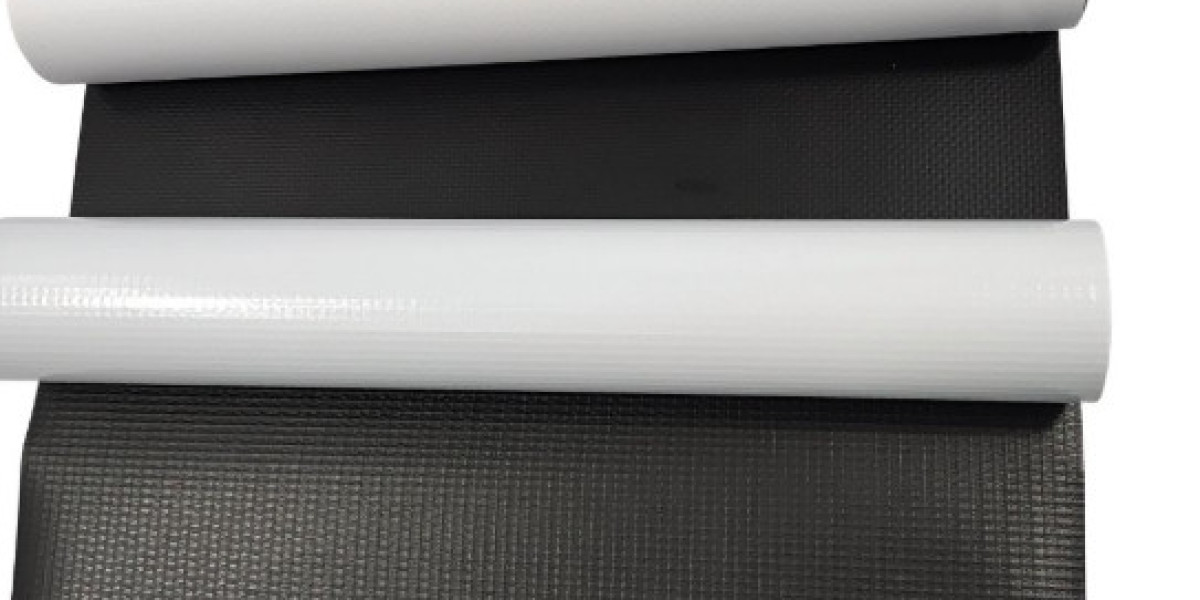Cryogenic Capsules Market Share
The Cryogenic Capsules Market Market Share is distributed among leading manufacturers and emerging players who are expanding their product portfolios. Key players focus on mergers, acquisitions, and strategic partnerships to increase their market presence. Innovations in capsule design and materials have allowed some companies to capture a significant share in high-demand regions like North America and Europe.
Cryogenic Capsules Market: Innovations, Trends, and Growth Prospects
The Cryogenic Capsules Market has witnessed substantial growth in recent years, driven by rapid advancements in biomedical research, pharmaceuticals, and healthcare technologies. Cryogenic capsules, also known as cryogenic storage capsules or vials, are specialized containers used to store biological samples at extremely low temperatures. These capsules maintain the integrity of samples such as cells, tissues, blood, and other biological materials over extended periods, making them indispensable in research and clinical settings. As global demand for advanced storage solutions grows, the cryogenic capsules market continues to attract attention from both manufacturers and end-users.
Understanding Cryogenic Capsules and Their Applications
Cryogenic capsules are designed to withstand ultra-low temperatures, often below -150°C, without compromising the quality of the stored material. They are typically made from materials like polypropylene, stainless steel, or other cryo-compatible polymers that resist cracking or contamination during freezing and thawing cycles. The capsules come in various sizes and formats to accommodate different sample volumes, allowing laboratories to customize storage solutions based on specific requirements.
The applications of cryogenic capsules span several industries. In healthcare and biotechnology, they are used for storing stem cells, vaccines, and reproductive materials. Research institutions rely on them to preserve biological samples for experimental studies, while pharmaceutical companies use them to maintain drug stability during development and clinical trials. With the increasing emphasis on personalized medicine and regenerative therapies, the role of cryogenic capsules has become even more critical.
Market Dynamics and Driving Factors
The growth of the Cryogenic Capsules Market is influenced by several key factors. First, the rising prevalence of chronic diseases, cancer, and genetic disorders has fueled demand for advanced research and biobanking solutions. Second, technological innovations in cryogenic storage, such as high-capacity automated storage systems and improved capsule materials, have enhanced efficiency and reliability. Additionally, increasing government investments in life sciences and biomedical research programs worldwide are providing strong support for market expansion.
Another driving factor is the growing trend of biobanking, where biological samples are stored for long-term use in research, diagnostics, and therapeutic applications. As biobanks become more common, there is a corresponding increase in demand for high-quality cryogenic capsules that can ensure sample viability over decades. Moreover, the COVID-19 pandemic has highlighted the importance of proper storage solutions for vaccines and biological specimens, further emphasizing the critical role of cryogenic storage technology.
Market Segmentation and Key Players
The Cryogenic Capsules Market can be segmented based on material, capacity, end-user, and geography. By material, the market is divided into polypropylene, stainless steel, and other polymers. Polypropylene capsules are widely used due to their chemical resistance and low cost, while stainless steel options are preferred for long-term storage of sensitive biological samples. In terms of capacity, capsules range from small-volume vials to larger tubes, catering to both research laboratories and industrial applications.
End-users of cryogenic capsules include hospitals, research institutions, pharmaceutical companies, and biotechnology firms. Hospitals use them primarily for storing blood, reproductive cells, and tissue samples. Research institutions utilize them for experimental studies, whereas pharmaceutical companies rely on them for drug development and clinical trials. Geographically, North America currently leads the market due to the presence of advanced healthcare infrastructure and extensive research facilities, followed by Europe and Asia-Pacific, where increasing investments in healthcare and life sciences are propelling market growth.
Prominent players in the market focus on innovation, quality, and strategic collaborations to maintain a competitive edge. Companies are investing in R&D to develop capsules that can withstand extreme temperatures and high-pressure conditions while maintaining sample integrity. Some manufacturers are also providing automated storage solutions integrated with cryogenic capsules to streamline laboratory workflows and improve efficiency.
Trends and Technological Innovations
The Cryogenic Capsules Market is witnessing several technological trends that are shaping its future. Automation and digitization are transforming sample storage and management, allowing laboratories to monitor and track sample conditions in real-time. Smart cryogenic systems equipped with sensors and software solutions help reduce human error and ensure compliance with regulatory standards.
Another notable trend is the development of environmentally friendly and sustainable materials for cryogenic capsules. With growing awareness about the environmental impact of laboratory operations, manufacturers are exploring recyclable polymers and biodegradable alternatives without compromising performance. Additionally, high-throughput storage solutions that enable the handling of thousands of samples simultaneously are gaining popularity, particularly in large-scale research and clinical facilities.
Challenges and Market Restraints
Despite its promising growth, the Cryogenic Capsules Market faces certain challenges. The high cost of advanced cryogenic storage systems and capsules can limit adoption, especially among smaller laboratories and institutions in developing regions. Additionally, the need for strict adherence to regulatory and safety standards can complicate manufacturing and operational processes. Handling cryogenic materials also requires skilled personnel, and improper usage can lead to sample degradation or loss.
Furthermore, the market is highly competitive, with numerous players offering similar products. Maintaining product differentiation and ensuring consistent quality while managing production costs remain ongoing challenges for manufacturers.








